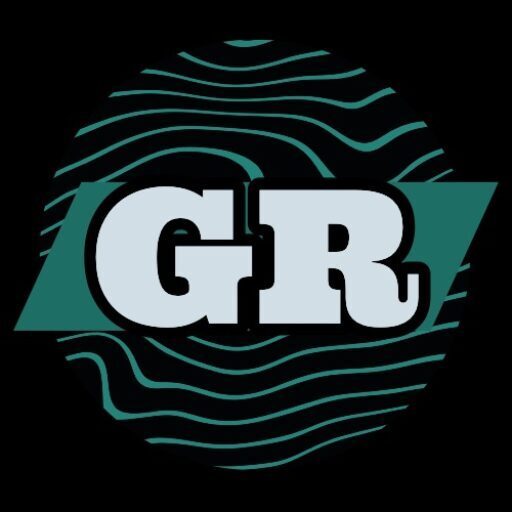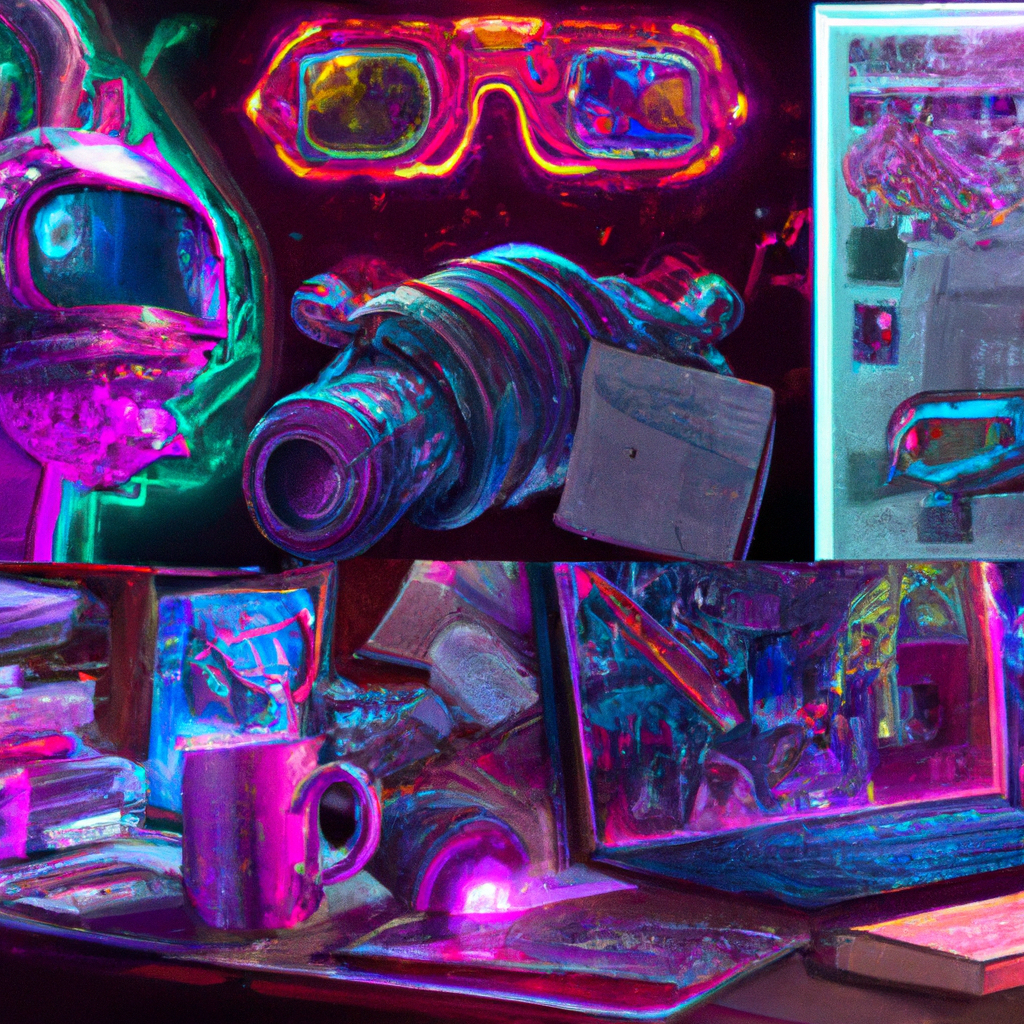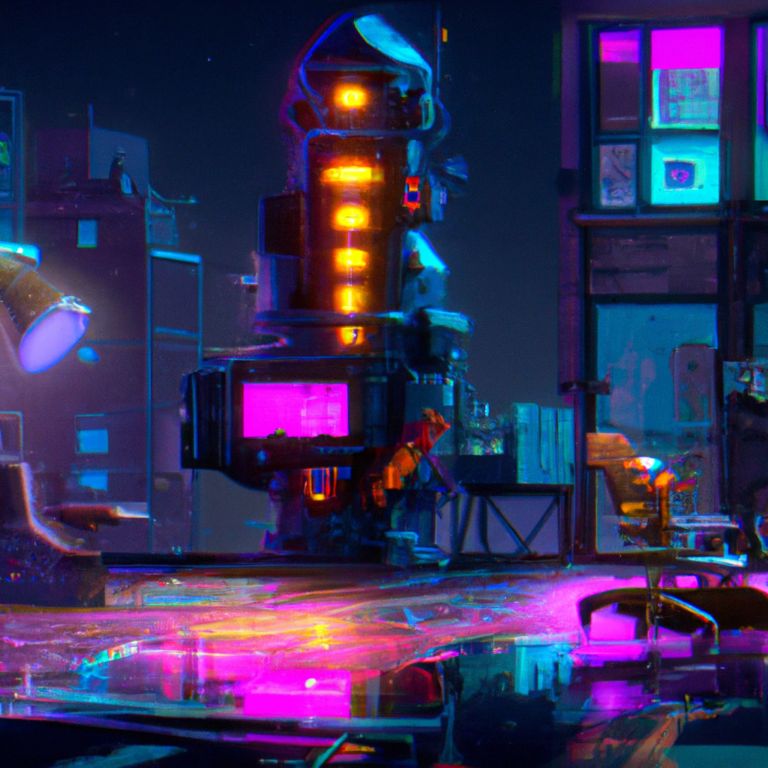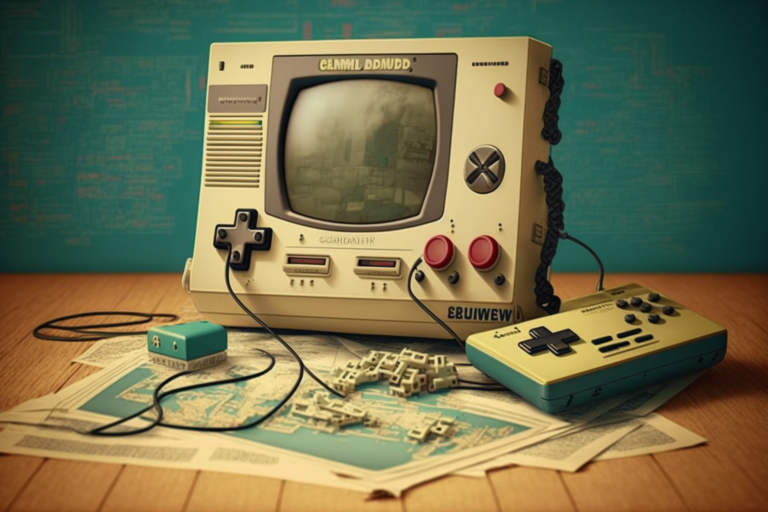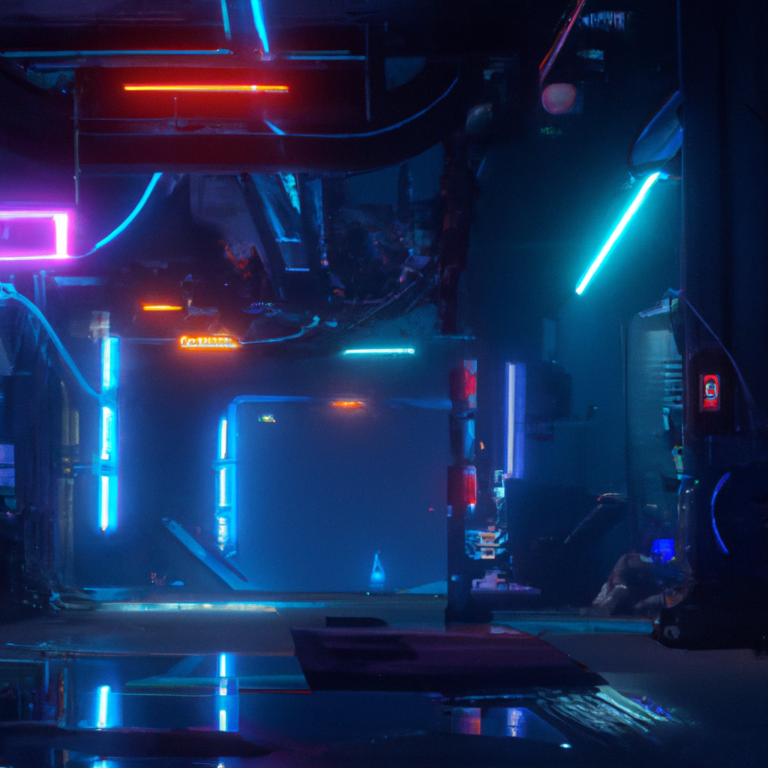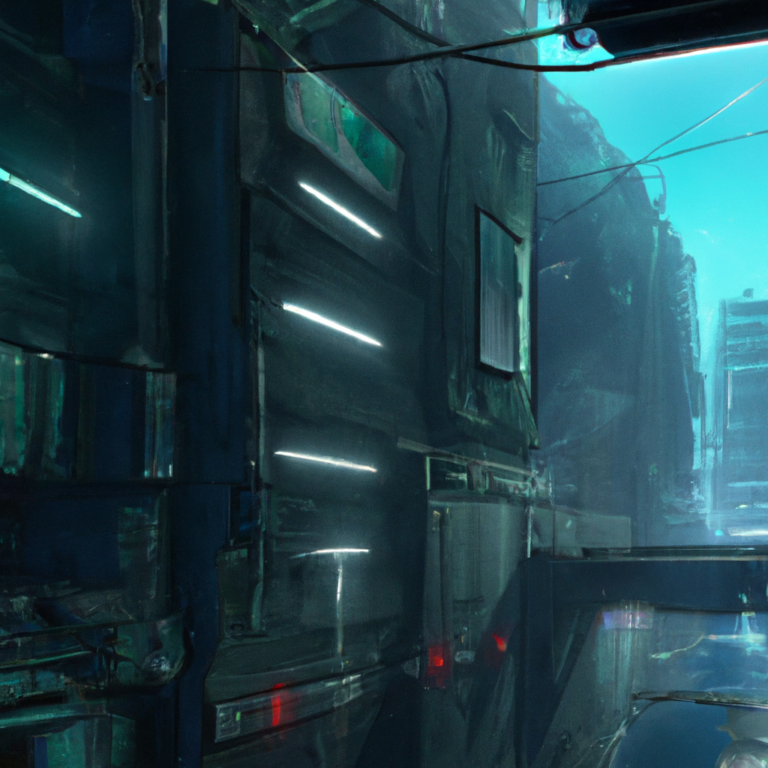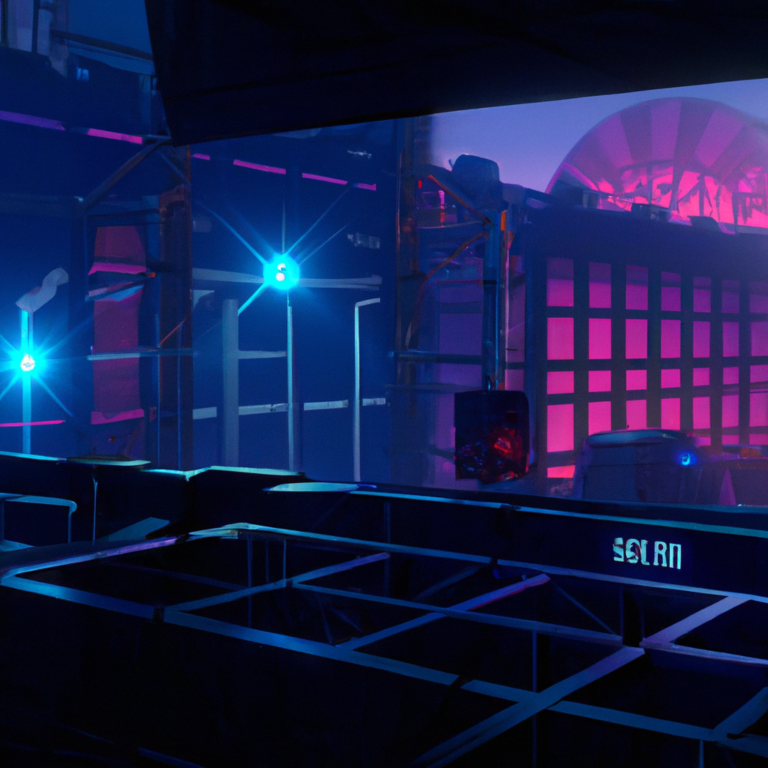“Top 10 Game Development Tools Every Developer Should Know: Unleashing Your Full Potential”
Title: Top 10 Game Development Tools Every Developer Should Know
Introduction:
The game development industry is growing at a rapid pace, with new platforms, technologies, and tools emerging every day. Whether you’re a newcomer to the world of game development or a seasoned pro, it’s essential to stay updated on the latest game development tools to create amazing games that captivate audiences. In this blog post, we will discuss the top 10 game development tools that every developer should know about. These tools can help streamline your development process and enable you to create high-quality games that stand out in the ever-growing gaming market.
1. Unity
Unity is one of the most popular game development platforms, with support for 2D, 3D, AR, and VR game creation. Its user-friendly interface and extensive asset library make it an ideal choice for beginners and experts alike. Unity also boasts a strong community and a vast array of tutorials and documentation, making it easy to learn and experiment with new ideas.
2. Unreal Engine
Unreal Engine is another powerful game development engine known for its cutting-edge graphics capabilities and robust development environment. Its visual scripting system, Blueprint, enables you to create complex functionality without writing any code. Unreal Engine also offers a wide range of assets and plugins that can help streamline game development.
3. Godot Engine
Godot Engine is an open-source game engine that has been gaining popularity for its flexible scripting language and easy-to-use interface. Godot supports both 2D and 3D game development and includes a built-in physics engine, making it suitable for various game genres. Its lightweight design and low system requirements make it an excellent option for indie developers.
4. Blender
Blender is a powerful and free 3D modeling, animation, and rendering software. With its comprehensive toolset and compatibility with various file formats, Blender is perfect for creating and exporting 3D assets for your game. Its user community and extensive documentation make it easy to get started with 3D modeling and animation.
5. GIMP
GIMP (GNU Image Manipulation Program) is a free and open-source alternative to Adobe Photoshop. It offers a wide array of image editing tools, making it suitable for creating and editing 2D game assets, textures, and UI elements. GIMP’s extensible nature allows you to customize the software and add new features through plugins.
6. Aseprite
Aseprite is a pixel art tool specifically designed for creating 2D game assets and animations. Its intuitive interface and features like onion skinning, layers, and color palettes make it an excellent choice for creating detailed and polished pixel art assets for your game.
7. Substance Painter & Designer
Substance Painter and Substance Designer are powerful tools for creating and editing PBR (Physically Based Rendering) materials and textures. These tools offer a wide range of presets, brushes, and procedural effects, allowing you to create realistic and high-quality textures for your game.
8. Visual Studio Code
Visual Studio Code is a lightweight and versatile code editor that supports various programming languages and platforms. Its built-in debugging and version control support make it a popular choice among game developers. Visual Studio Code also offers a wide range of extensions to enhance its functionality and streamline your development process.
9. FMOD Studio
FMOD Studio is an audio middleware solution that enables you to create, edit and implement adaptive game audio. Its intuitive interface and real-time auditioning features make it easy to create immersive soundscapes that respond to in-game events. FMOD Studio integrates seamlessly with popular game engines like Unity and Unreal Engine.
10. Tiled
Tiled is an open-source, flexible level editor for creating 2D tile-based games. With support for various map formats and tileset configurations, Tiled offers a user-friendly interface and powerful features for designing levels and creating collision objects. Its custom property system allows you to add functionality to your levels without writing any code.
Conclusion:
Whether you’re a seasoned game developer or just starting in the industry, staying updated on the latest tools and technologies is crucial for success. The above-listed top 10 game development tools can help you create engaging games and streamline your development process. By familiarizing yourself with these tools and continuously learning, you will be better prepared to tackle any game development challenge and create captivating games that resonate with players.
